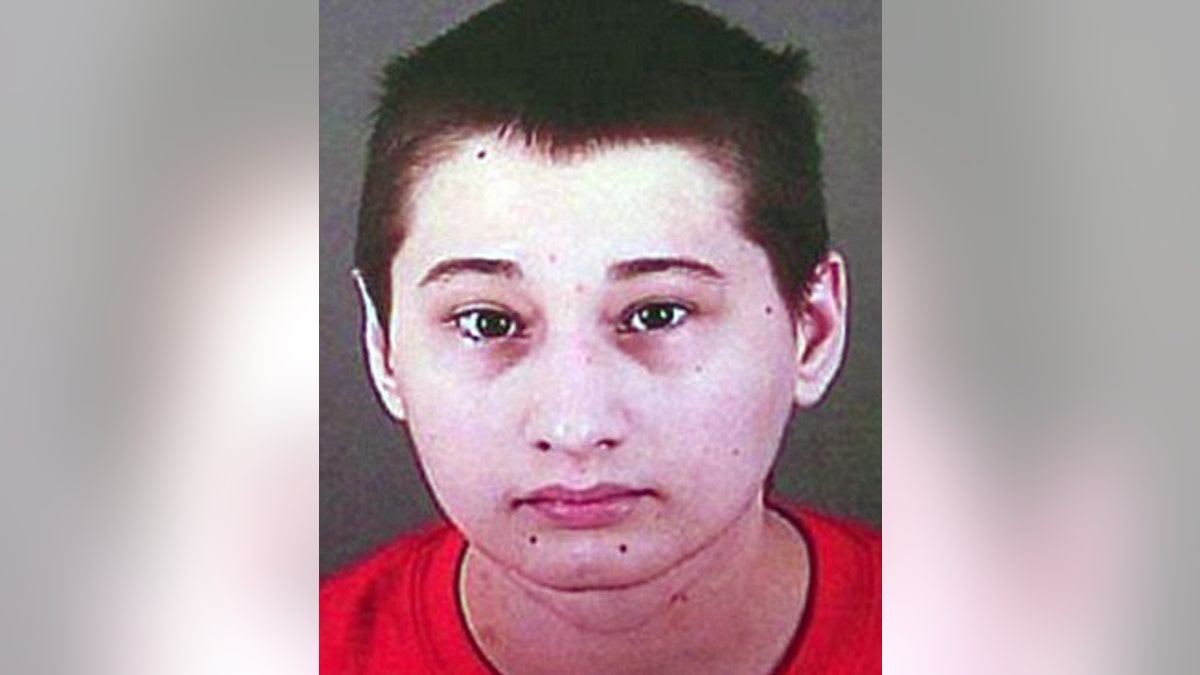
It wasn't until police arrested Gypsy Blanchard that it was revealed she could walk. (Greene County Sheriff's Office)
The HBO documentary “Mommy Dead and Dearest” explores the chilling events that led up to the murder of Dee Dee Blanchard, mother of Gypsy Rose.
Blanchard was a single mother who raised and supported her daughter through a number of suspected health issues, from epilepsy to muscular dystrophy. She insisted her daughter could not walk, and had a mental handicap.
Except, Gypsy wasn’t sick at all. In fact, while never formally diagnosed, Blanchard likely suffered from a mental illness called Munchausen syndrome by proxy (MSBP).
MSBP occurs when a person attempts to produce psychological or physical symptoms in another person, usually someone who is dependent on them, Dr. Radu Saveanu, professor of psychiatry at the University of Miami Miller School of Medicine, told Fox News.
“The basic premise is that the individual who is causing these symptoms is experiencing some neurological desire to be taken care of through the child,” Saveanu said, noting that while in most cases, the affected individuals are children, they could be older dependent adults as well.
Why It’s So Difficult to Spot
Several factors, including who is describing the patient's symptoms, can make MSBP surprisingly tricky to spot and diagnose.
DYING 8-YEAR-OLD GETS SURPRISE PRINCESS-THEMED BIRTHDAY PARTY
“The major problem is lack of awareness, even among doctors,” Dr. Marc D. Feldman, psychiatrist and author of Playing Sick?, told Fox News.
Doctors often want to believe the mother, Saveanu said. They may assume they have a tricky diagnosis on their hand, rather than immediately guess deception.
The consequences of making a false accusation are great: not only for the doctor, who could lose his medical license, but for the family, who may need to be immediately separated, he explained.
How to make a diagnosis
Doctors have a few ways of spotting MSBP. First, they look for children or dependents who keep coming back to the hospital or doctor’s office with unexplainable—and often constantly changing—symptoms, Saveanu said.
EMERGENCY WORKER SUFFERS HEART ATTACK WHILE RESPONDING TO TEENS' FATAL HEAD-ON COLLISION
Another tip-off? Caregivers will often bring their dependents from hospital to hospital, trying to hide the fact that the symptoms are not real conditions, but induced, Saveanu explained.
Another warning sign is if other children in the family have also experienced mysterious illnesses or deaths, Feldman said.
And the most serious warning sign? If, when the caretaker and charge are separated, the charge gets well, Feldman said. For instance, if a child improves in the hospital away from the caregiver, only to worsen once the person returns.




















